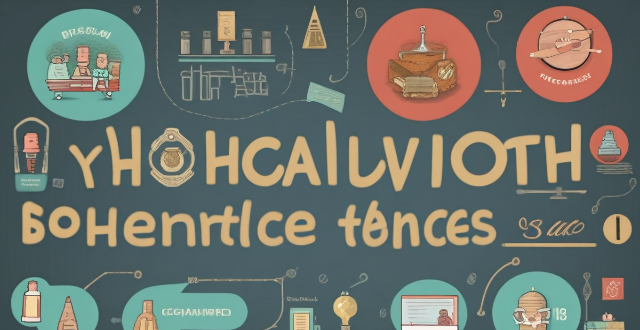The text discusses psychological barriers to accepting climate science, including cognitive dissonance, confirmation bias, the scary world scenario, mistrust of science, perceived lack of control, narratives of doom, tribalism, and optimism bias. Strategies for overcoming these barriers involve education and awareness, inclusivity and dialogue, and empowerment and action. By addressing these barriers and implementing strategies for change, a more informed and engaged public can be created to tackle the challenges of climate change head-on.

Psychological Barriers to Accepting Climate Science
1. Cognitive Dissonance
- *Definition*: The mental stress experienced by a person who holds two or more contradictory beliefs, ideas, or values at the same time.
- *Overcoming*: Encourage open dialogue and provide accurate information that aligns with people's values and concerns.
2. Confirmation Bias
- *Definition*: The tendency to search for, interpret, favor, and recall information in a way that confirms one's preexisting beliefs or hypotheses.
- *Overcoming*: Promote critical thinking skills and expose individuals to diverse perspectives and evidence.
3. Scary World Scenario
- *Definition*: The fear that acknowledging climate change leads to a world of despair and hopelessness.
- *Overcoming*: Emphasize solutions and actions that can be taken to mitigate climate change, fostering a sense of empowerment.
4. Mistrust of Science
- *Definition*: Skepticism towards scientific research and findings due to perceived biases or conflicts of interest.
- *Overcoming*: Increase transparency in scientific processes and involve the public in understanding how science works.
5. Perceived Lack of Control
- *Definition*: Feeling that individual actions have no significant impact on a problem as large as climate change.
- *Overcoming*: Showcase the collective impact of small actions and highlight success stories of community efforts.
6. Narratives of Doom
- *Definition*: The belief that climate change narratives are overly negative and focus only on catastrophic outcomes.
- *Overcoming*: Present a balanced view that includes both the challenges and opportunities for positive change.
7. Tribalism
- *Definition*: The strong loyalty to one’s own political or social group, leading to rejection of opposing viewpoints.
- *Overcoming*: Build bridges between groups by focusing on shared values and common goals related to climate action.
8. Optimism Bias
- *Definition*: The belief that negative consequences will happen to others but not to oneself or people one cares about.
- *Overcoming*: Personalize the impacts of climate change by showing how it affects real people and communities.
Strategies for Overcoming Barriers
Education and Awareness
- Public Outreach: Conduct educational campaigns to increase awareness about climate science and its implications.
- Media Engagement: Use various media platforms to share accurate information and counter misinformation.
Inclusivity and Dialogue
- Interdisciplinary Approaches: Bring together experts from different fields to offer a broader perspective on climate issues.
- Community Engagement: Involve local communities in discussions and decision-making processes related to climate action.
Empowerment and Action
- Showcase Success Stories: Highlight examples where proactive measures have led to positive environmental changes.
- Encourage Participation: Make it easy for individuals to participate in climate initiatives, such as recycling programs or clean energy projects.
By addressing these psychological barriers and implementing strategies for change, we can create a more informed and engaged public ready to tackle the challenges of climate change head-on.